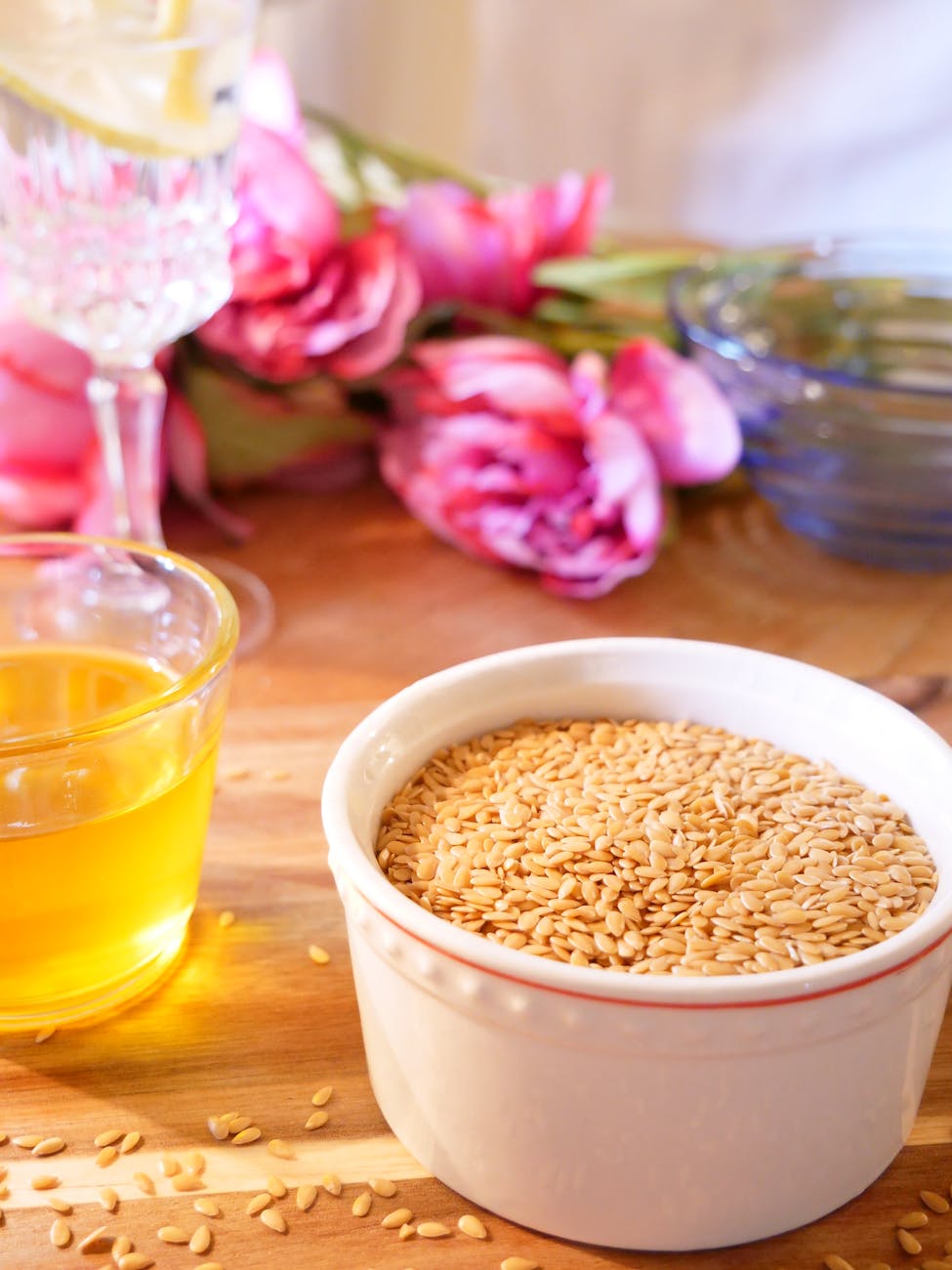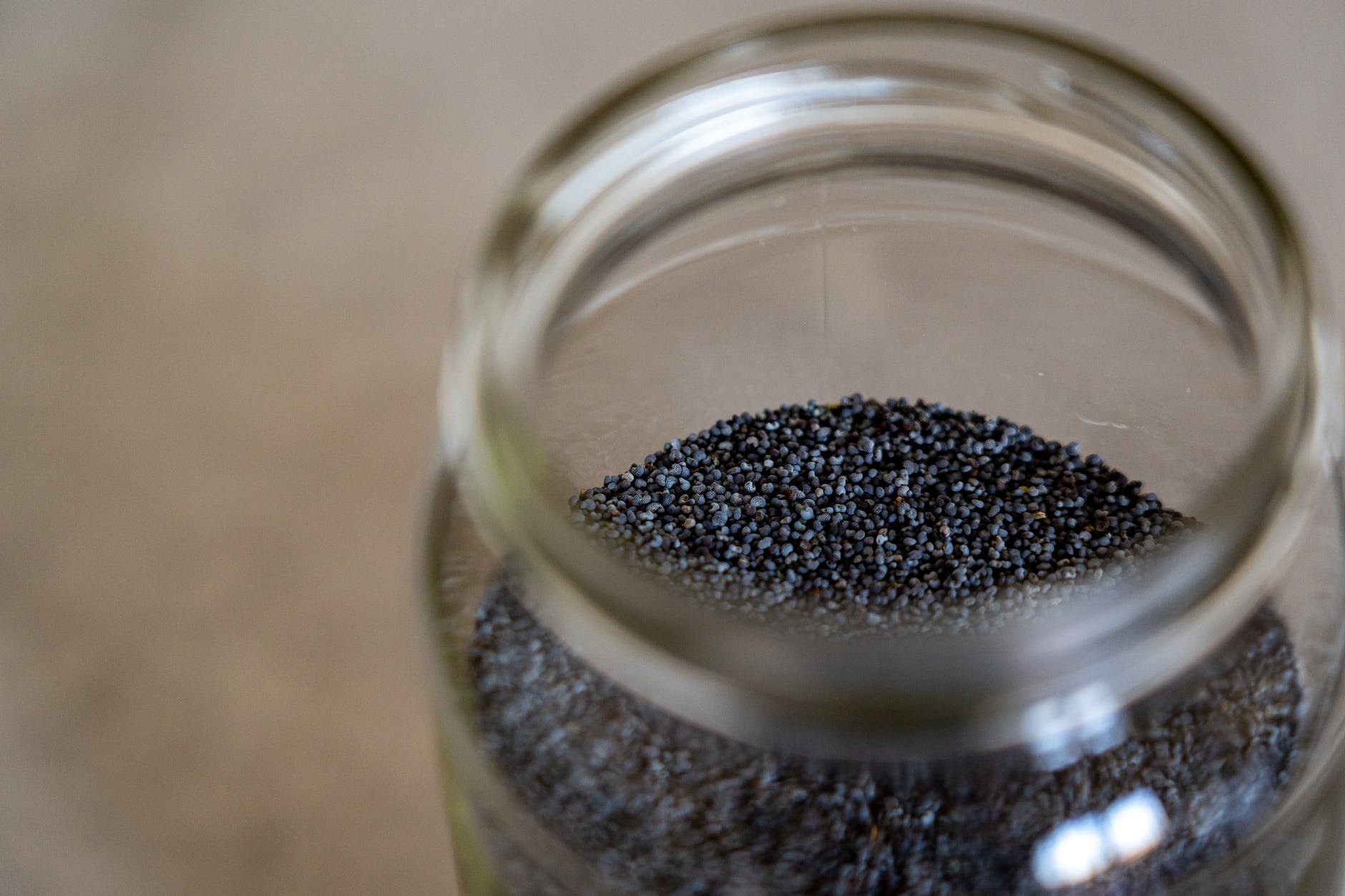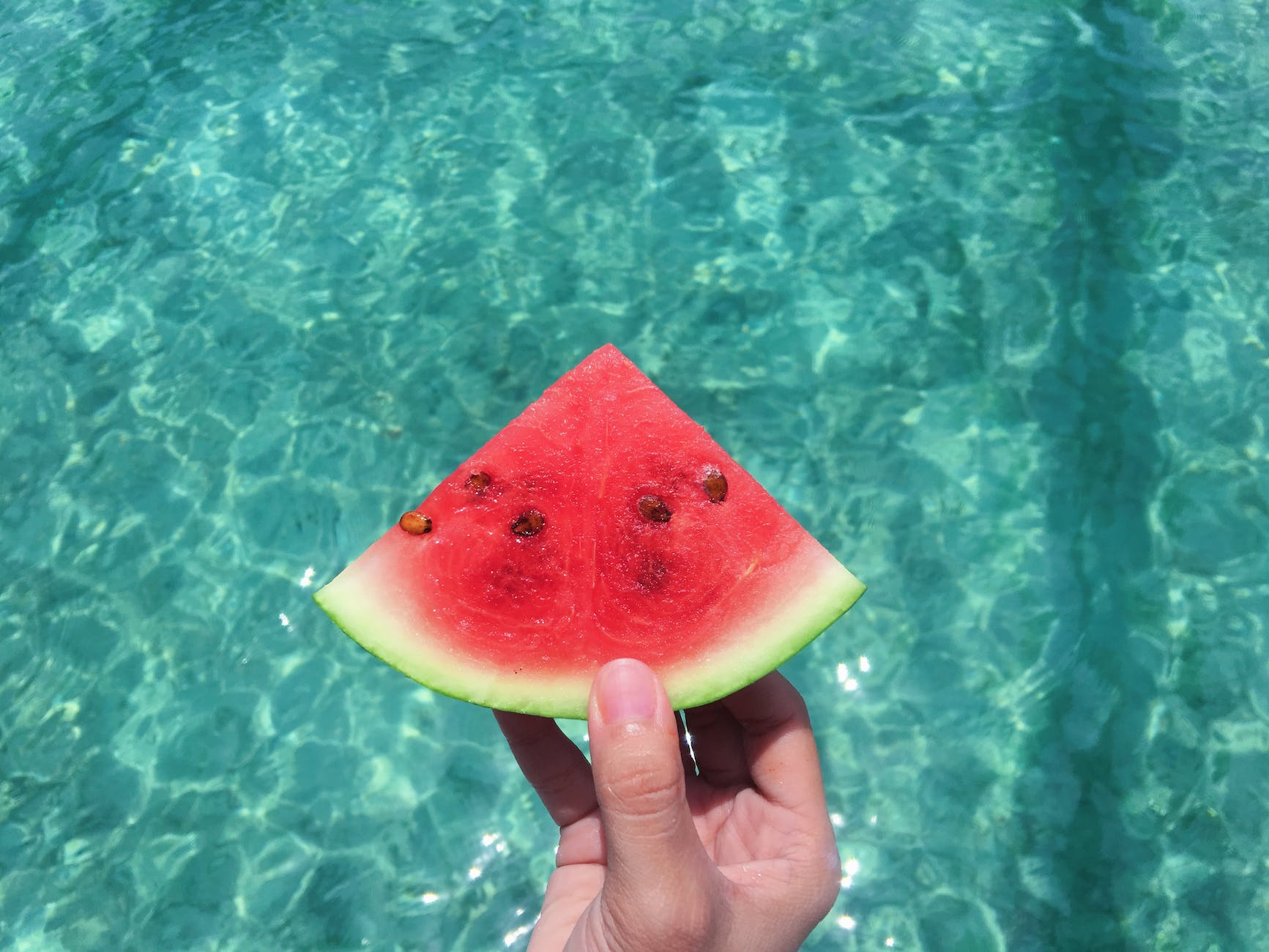
Embarking on a weight loss journey can be challenging, but finding the right foods to support your goals can make a significant difference. One such food that has gained attention for its potential benefits is sesame seeds. These tiny powerhouses of nutrition are widely used in culinary traditions around the world. But what exactly makes sesame seeds a potential ally in your weight loss efforts? Let’s uncover the truth and explore the potential benefits of sesame seeds for shedding those extra pounds. 🌱💪
1. Nutrient Powerhouse for Optimal Health 🌿🌰
Sesame seeds are a nutrient-rich food that can provide a range of health benefits. They are an excellent source of plant-based protein, making them a valuable addition to a weight loss diet. Protein is known to increase satiety, reduce hunger, and support muscle recovery during weight loss. Sesame seeds also contain essential minerals like calcium, iron, magnesium, and zinc, which play vital roles in various bodily functions. By incorporating sesame seeds into your meals, you’re not only nourishing your body but also supporting overall health. 🌟💪🥗
2. Fiber-Rich Support for Satiety and Digestion 🌾🌿
When it comes to weight loss, feelings of fullness and healthy digestion are key. Sesame seeds can contribute to both of these factors due to their fiber content. They contain both soluble and insoluble fiber, which can help promote satiety, regulate appetite, and support regular bowel movements. By increasing your fiber intake with sesame seeds, you may feel more satisfied after meals, reduce overeating, and support a healthy digestive system. Remember, a healthy gut is essential for overall well-being and can positively impact your weight management efforts. 🌟🍽️🌾
3. Healthy Fats for Satiety and Nutritional Balance 🥜💫
Contrary to popular belief, incorporating healthy fats into your weight loss plan can be beneficial. Sesame seeds are a great source of healthy fats, including monounsaturated and polyunsaturated fats. These fats not only provide a feeling of satiety but also help with nutrient absorption and maintaining hormonal balance. The combination of protein, fiber, and healthy fats in sesame seeds can contribute to a balanced meal that supports weight loss. Including moderate amounts of healthy fats can help prevent excessive snacking, promote a steady release of energy, and support overall well-being. 🌟💪🍽️
4. Flavorful and Versatile Addition to Your Meals 🌿🍽️
One of the fantastic aspects of sesame seeds is their versatility in the kitchen. These seeds can be used in a wide range of sweet and savory dishes, adding a delightful crunch and nutty flavor. Sprinkle sesame seeds on top of salads, stir them into stir-fries or grain bowls, or use them as a coating for baked chicken or fish. You can even incorporate sesame seeds into homemade energy bars or sprinkle them over roasted vegetables. The versatility of sesame seeds allows you to experiment with different recipes, enhancing taste and texture while potentially benefiting your weight loss journey. 🍽️👩🍳🌰
5. Mindful Eating Enhancement for Conscious Choices 🧘♀️🌼
In addition to their nutritional value, sesame seeds can contribute to mindful eating practices. Mindful eating involves being fully present and engaged with your food, paying attention to the flavors, textures, and sensations while eating. Sesame seeds can enhance the sensory experience, adding a delightful crunch and satisfying nutty taste to your meals. By incorporating sesame seeds mindfully, you can savor each bite, eat more slowly, and potentially make more conscious choices. This can lead to a greater appreciation of food, improved portion control, and a deeper connection with your body’s hunger and fullness cues, supporting your weight loss journey. 🍴🌼✨
While sesame seeds offer several potential benefits for weight loss, it’s important to remember that they are just one piece of the puzzle. Achieving sustainable weight loss involves a holistic approach, including a balanced diet, portion control, regular physical activity, and lifestyle factors. However, incorporating sesame seeds as part of a varied and nutrient-dense diet can be a flavorful and nutritious way to support your weight loss goals. 🌱💪🥗













